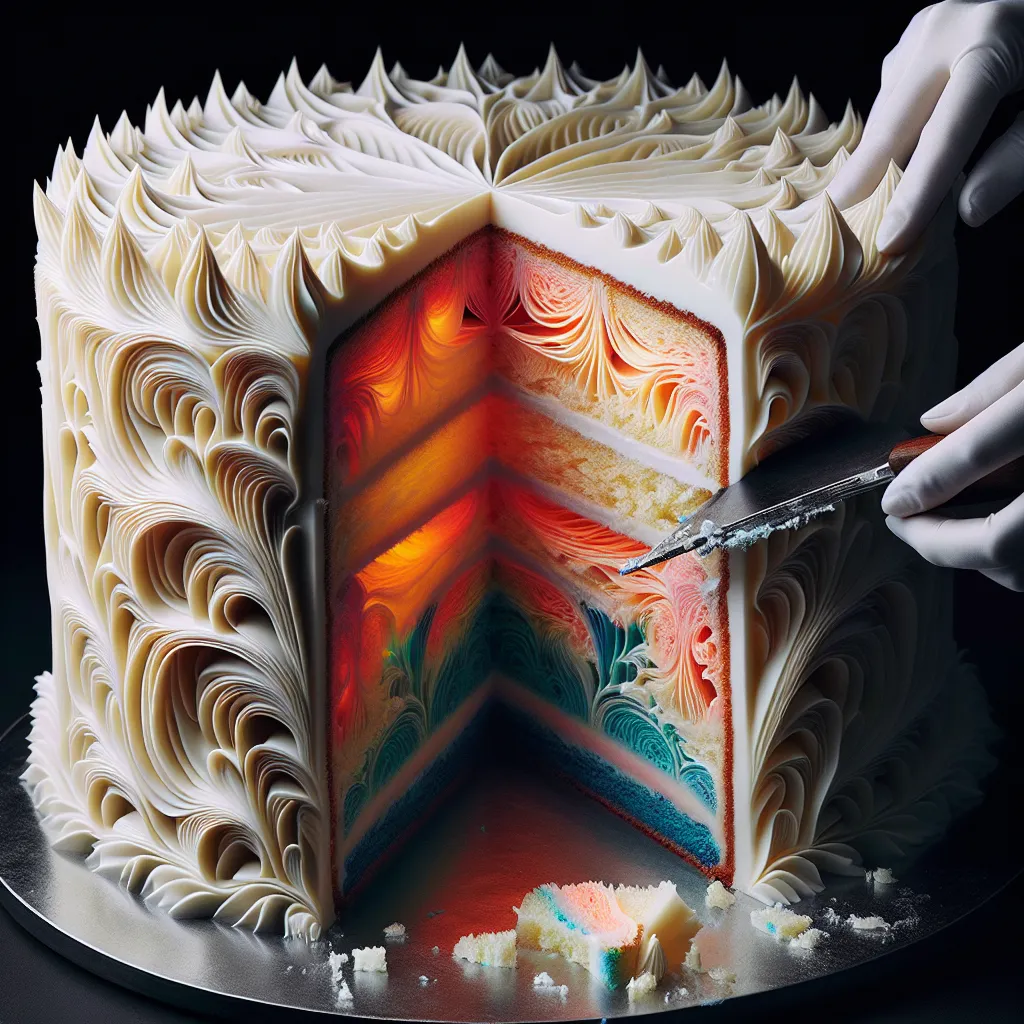Understanding the Chemical Reactions in Baking
The process of baking a perfect cake involves a delicate balance of ingredients and understanding the chemical reactions that occur during the baking process. The key to successful cake baking lies in comprehending the role of ingredients such as flour, leavening agents, sugar, fats, and liquids, and how they interact with each other under specific conditions.
Flour, a fundamental ingredient in cake baking, contains proteins that form gluten when mixed with liquid. Gluten gives the cake structure and strength, but too much gluten can result in a tough and dense cake. On the other hand, leavening agents such as baking powder or baking soda interact with acidic components like buttermilk or vinegar to produce carbon dioxide, which creates air pockets in the batter, leading to a light and airy texture.
Sugar not only sweetens the cake but also plays a crucial role in the browning of the crust through caramelization. Fats like butter or oil tenderize the cake by coating the flour proteins and preventing too much gluten formation.
Moreover, understanding the role of liquids, such as water, milk, or fruit juices, is essential in controlling the hydration and moisture content of the cake. The right balance of these elements is crucial for the chemical reactions that result in the perfect texture, flavor, and appearance of the cake.
In essence, successful cake baking requires a deep understanding of the chemical reactions that take place between ingredients. By mastering these reactions, bakers can fine-tune their recipes and techniques to consistently produce delectable, perfectly baked cakes.
Key Ingredients for a Flawless Cake
When it comes to baking the perfect cake, the key ingredients play a crucial role in achieving a flawless result. Flour, sugar, eggs, leavening agents, fat, and flavorings are the essential components that contribute to the structure, texture, and taste of the cake. The type and quality of these ingredients can significantly impact the final outcome.
Choosing the right flour is fundamental as it provides the structure and stability to the cake. Cake flour, with its lower protein content, produces a lighter and more delicate texture compared to all-purpose flour. Sugar not only sweetens the cake but also tenderizes the crumb and retains moisture, resulting in a moist and tender cake. The selection of eggs is equally important, as they contribute to the structure, stability, and richness of the cake.
Leavening agents such as baking powder and baking soda are responsible for the cake’s rise and fluffy texture. The role of fat, whether butter, oil, or shortening, influences the moisture, tenderness, and flavor of the cake. Additionally, the choice of flavorings like vanilla extract, citrus zest, or cocoa powder enhances the overall taste profile of the cake.
Overall, understanding the significance of these key ingredients and carefully selecting the best quality and type for your recipe is essential in achieving a flawless, delectable cake.
Mastering the Art of Baking Techniques
Mastering the Art of Baking Techniques is the key to achieving the perfect cake. Expert bakers understand the science behind baking and utilize a range of techniques to ensure their cakes turn out flawless every time. One crucial aspect of mastering baking techniques is understanding the role of ingredients. For example, properly creaming butter and sugar together creates a light and airy texture in the cake. Additionally, knowing the right mixing technique for the batter, whether it’s the creaming method or the foaming method, can greatly affect the final outcome.
Furthermore, precise measurement is vital in baking. Expert bakers use kitchen scales to measure ingredients by weight rather than volume, as it provides a more accurate result. Understanding the importance of leavening agents such as baking powder and baking soda, and knowing how to incorporate them properly into the batter, is also essential in achieving the desired rise and texture.
Moreover, mastering the art of oven temperature is crucial. Expert bakers know that the correct temperature can make or break a cake. They use an oven thermometer to ensure that the temperature is accurate, as slight variations can significantly impact the baking process. Additionally, they understand the technique of rotating the cake halfway through baking to ensure even browning and rising.
In conclusion, mastering the art of baking techniques involves understanding the science behind the ingredients, precise measurement, and the impact of oven temperature. Expert bakers continually refine their skills to ensure that they consistently bake the perfect cake, and by implementing these techniques, you too can elevate your baking to the next level.




